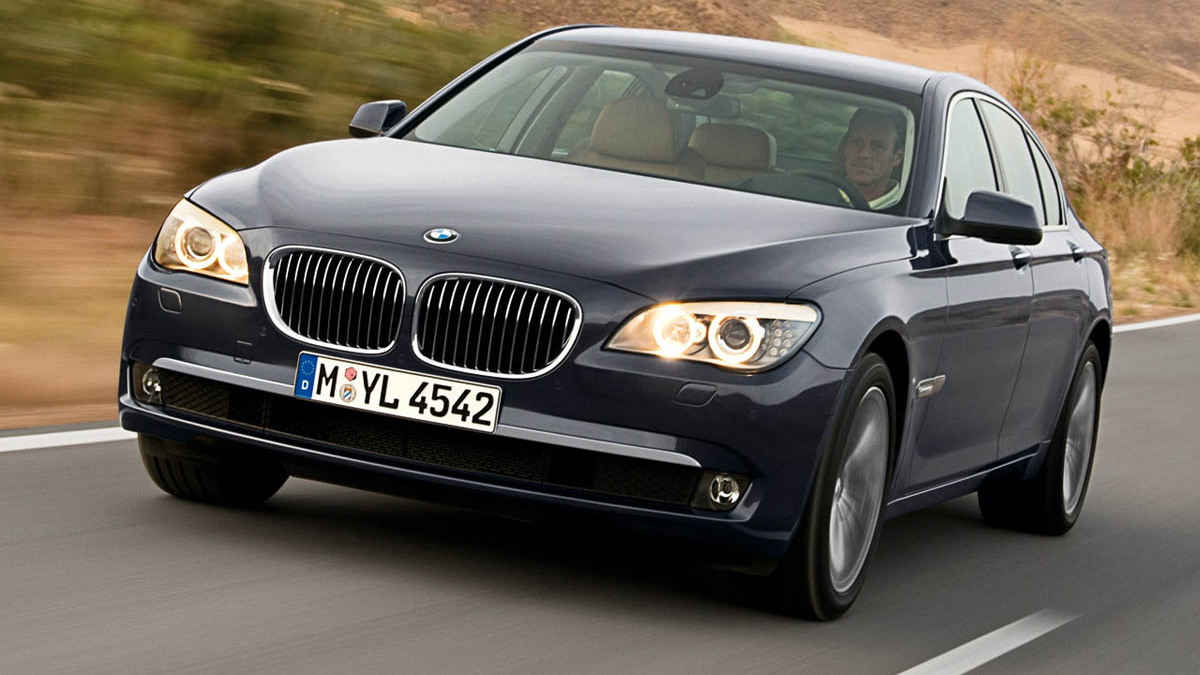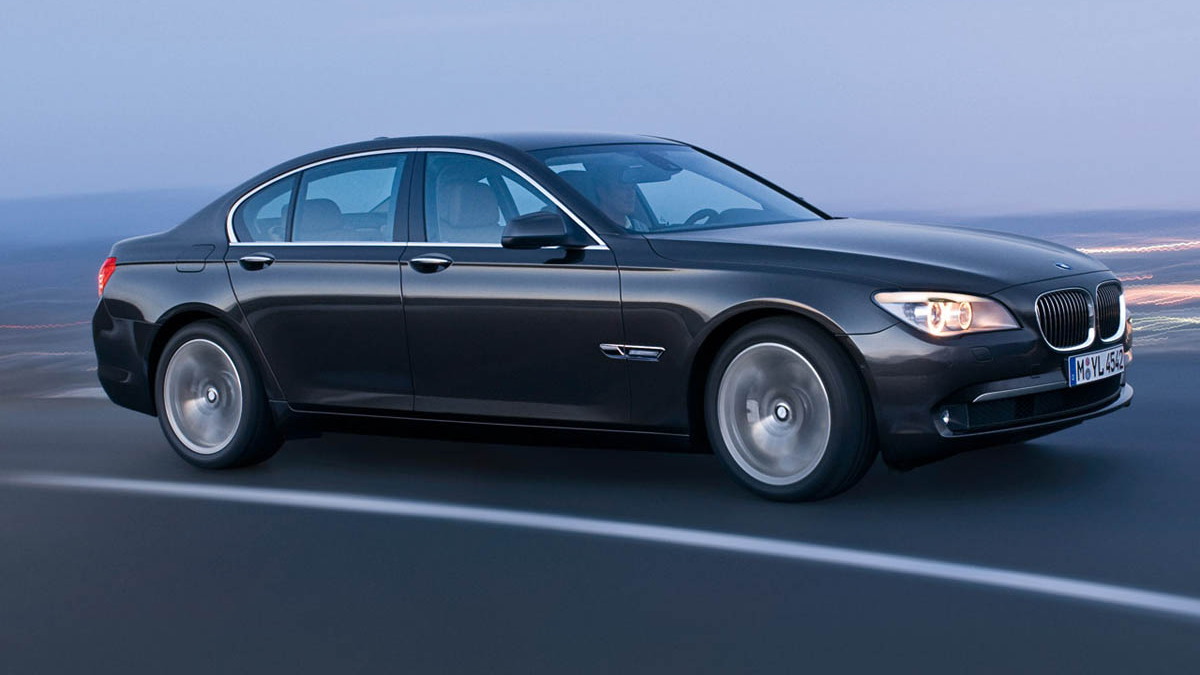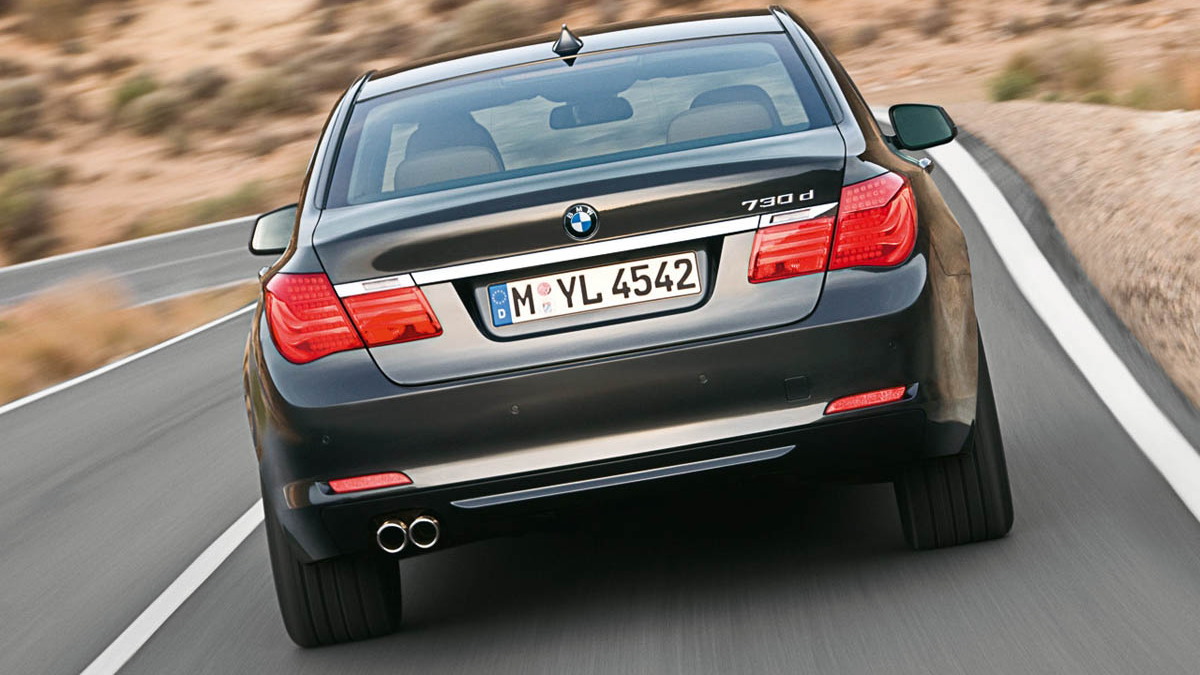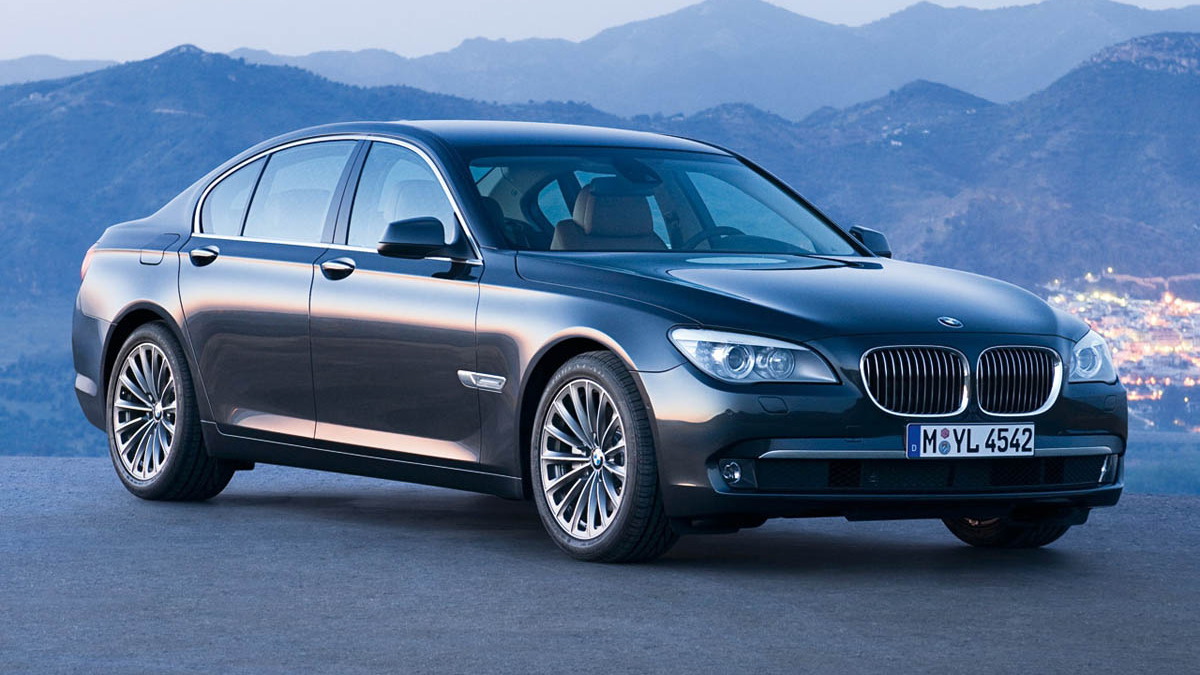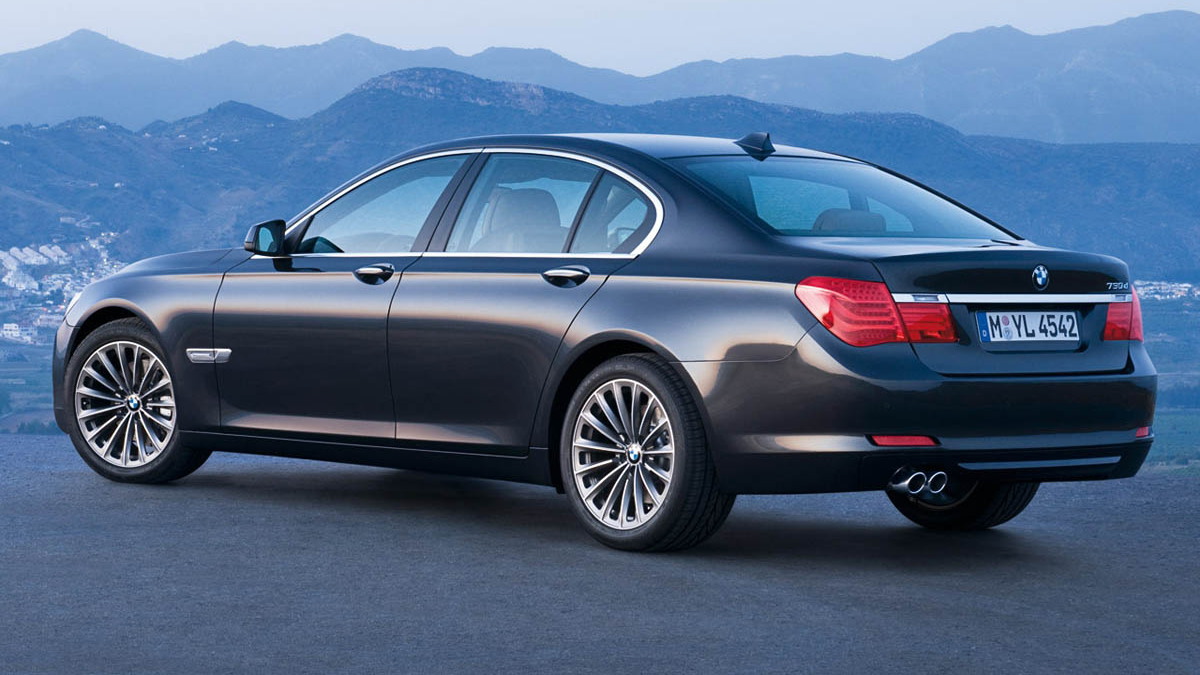BMW CEO Norbert Reithofer thinks hybrid drive and efficient petrol and diesel engines are the near and medium-term future of the industry, with electric vehicles still requiring a great deal of development before reaching maturity. Other companies, like Renault, Nissan and Mitsubishi are already planning full EVs for production by 2010, however, indicating a strong bifurcation in the perceived future of the industry's direction. On the other hand, BMW's position at the upper end of the market means it may be insulated from the groundswell of change for a period.
Nevertheless, cars like the 7-series and Mercedes S-Class have long been known for their technological innovation. New features tend to start at the top and work down. That has not been the case with either hybrid or electric technology, despite the BMW Hydrogen7 exhibition vehicle. Part of the problem has been the development of a robust and elegant stop-start system for the car's automatic transmission - a must for a 7-series hybrid. Currently the stop-start system is only available on BMW's manual models. That is expected to be remedied by 2009, however, when the 7-series hybrid will roll out. According to comments made by Dr. Klaus Draeger in an interview with CAR, the big hybrid limo will be more of a green-washing of the big 4.4L V8 than a true fuel-focused hybrid. Those still looking for efficiency would be better served with the V6 diesel, rated at 32.6mpg (US) or 7.2L/100km.
That fact is not lost on CEO Norbert Reithofer, who sees that such high efficiency from a conventional engine in a very large car - the 730d - means the immediate future does not call for electric cars or diesel hybrids - instead petrol hybrids will allow power and efficiency in the larger engines or convenient range extension in smaller applications, while conventional petrol and diesel models will continue to improve with the aid of forced induction and better emissions reduction devices. In an interview with Germany's Auto Bild, Reithofer recently ruled out the possibility of all-electric drive within 10 years, saying instead that plug-in series hybrid cars are the more ideal design, allowing long ranges when necessary but functioning essentially as EVs in town or on shorter trips.
Another consideration for the continued use of small and efficient petrol and diesel conventional engines is the issue of cost. In larger vehicles like the X6 ActiveHybrid due next year, cost is not as primary an issue, but in smaller cars like the 1-series and the lower end of the 3-series, cost is a very important consideration. Driving prices up by $5,000 per car could have a drastic effect on sales.
Speaking on the topic of the hybrid-drive in the upcoming 7-series, Reithofer noted that the system would be based on the same one going into the Mercedes S-Class, since the drivetrain is part of a joint-development between the two companies, though each will obviously feature their own, independently designed and built combustion engines.
Reithofer ruled out any cooperation with Peugeot on a diesel-hybrid project, saying that BMW's current hybrid projects are focusing exclusively on petrol engines, despite the success of the highly regarded X5 ActiveHybrid diesel-hybrid concept. No mention of the cooperation with Alfa Romeo announced to day was made.
Worries over the impending CO2 legislation in Europe don't seem particularly high on Reithofer's list, despite the company's recent protests against U.S. CAFE regulations. The CEO noted that already in the first quarter of 2008 the company was able to reduce fleet emissions from 187g/km to 158g/km, putting it 7g/km below the German average. Recently renegotiated agreements between Angela Merkel and Nikolas Sarkozy also loosen the restrictions that had previously set unrealistic targets for the car industry.
The end target date for the new Franco-German plan would coincide with the U.S. and Japan's date of 2015 for their separate emissions programs, making it easier for the industry and BMW to meet all three at once with less cost than a staggered roll-out across several years.
